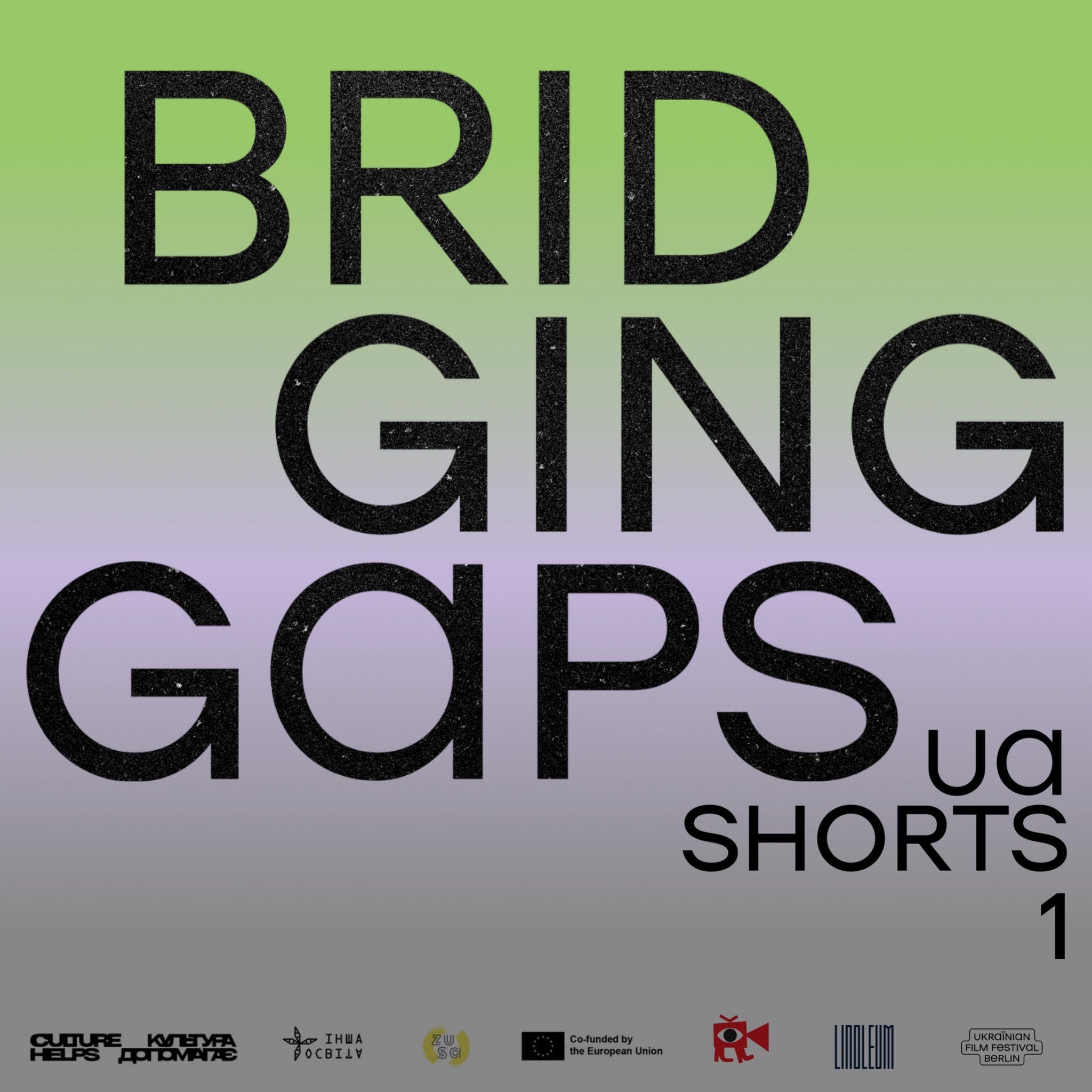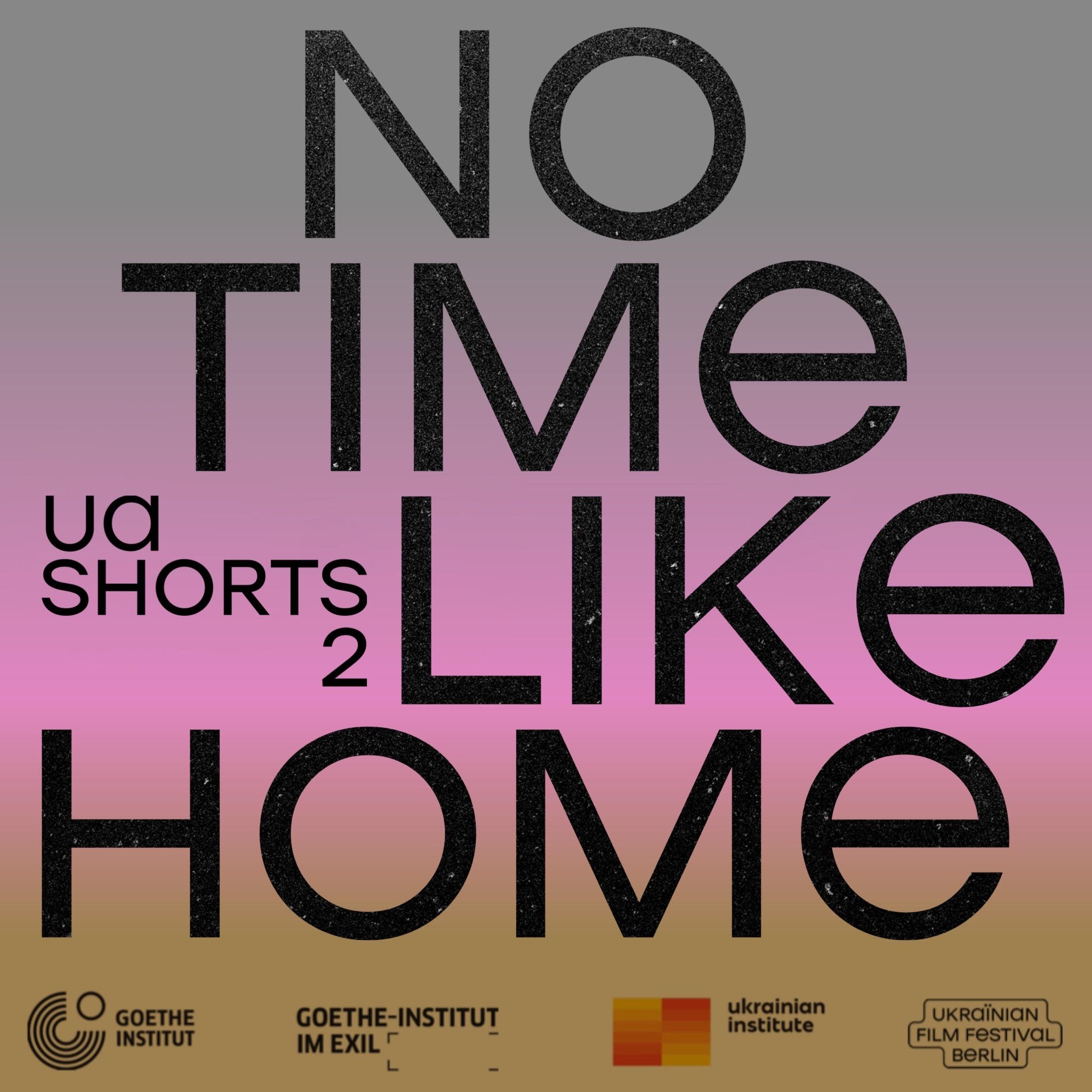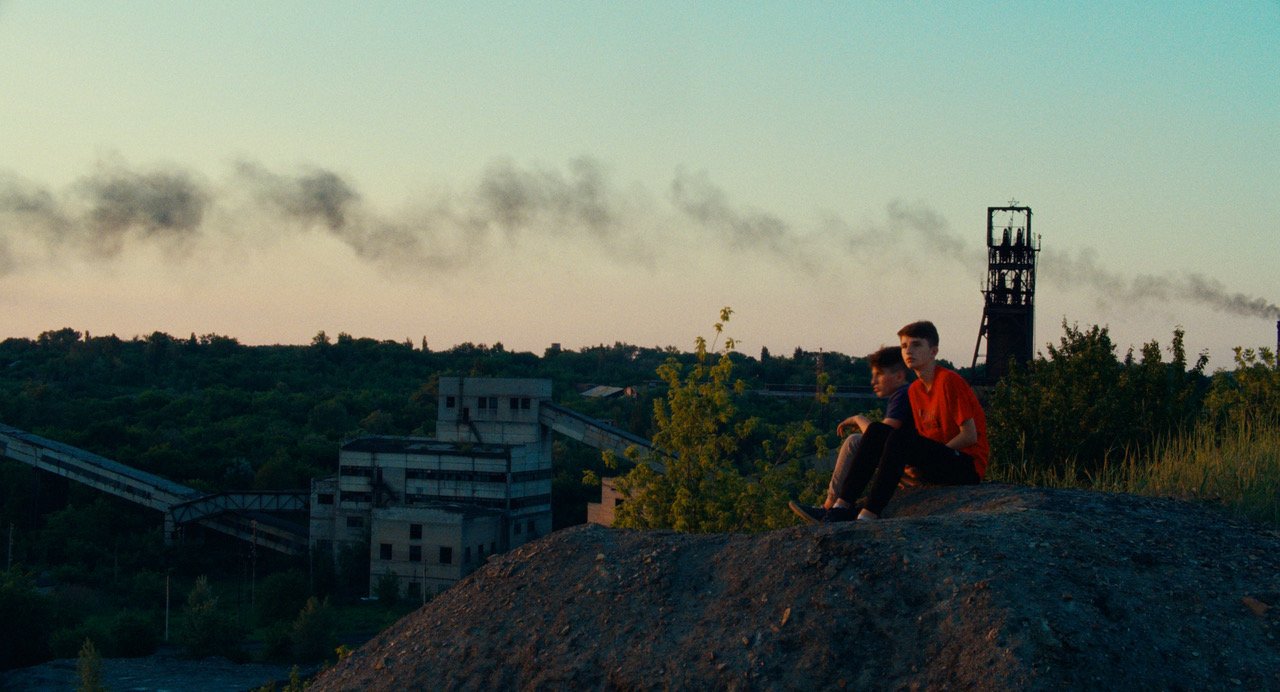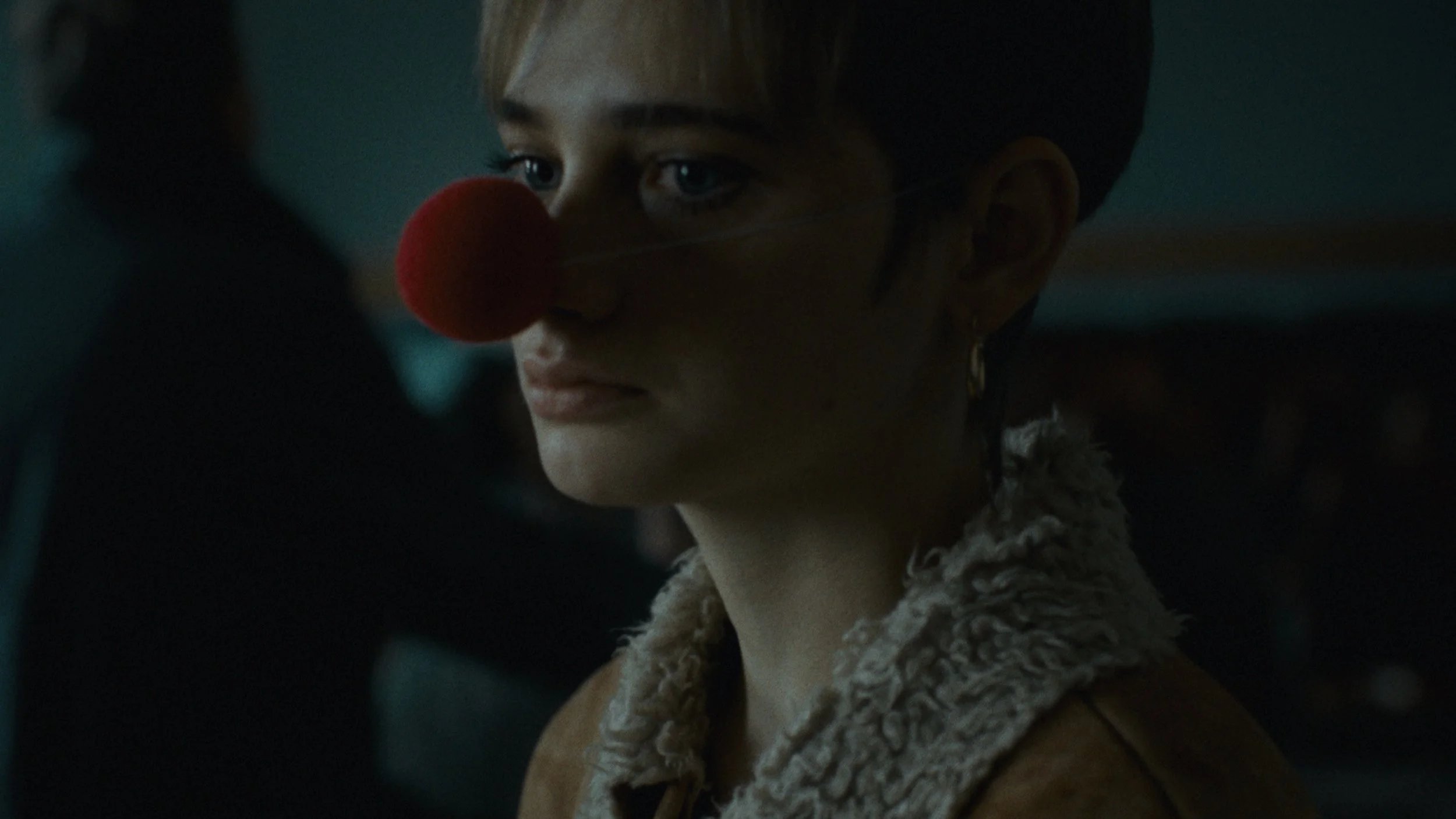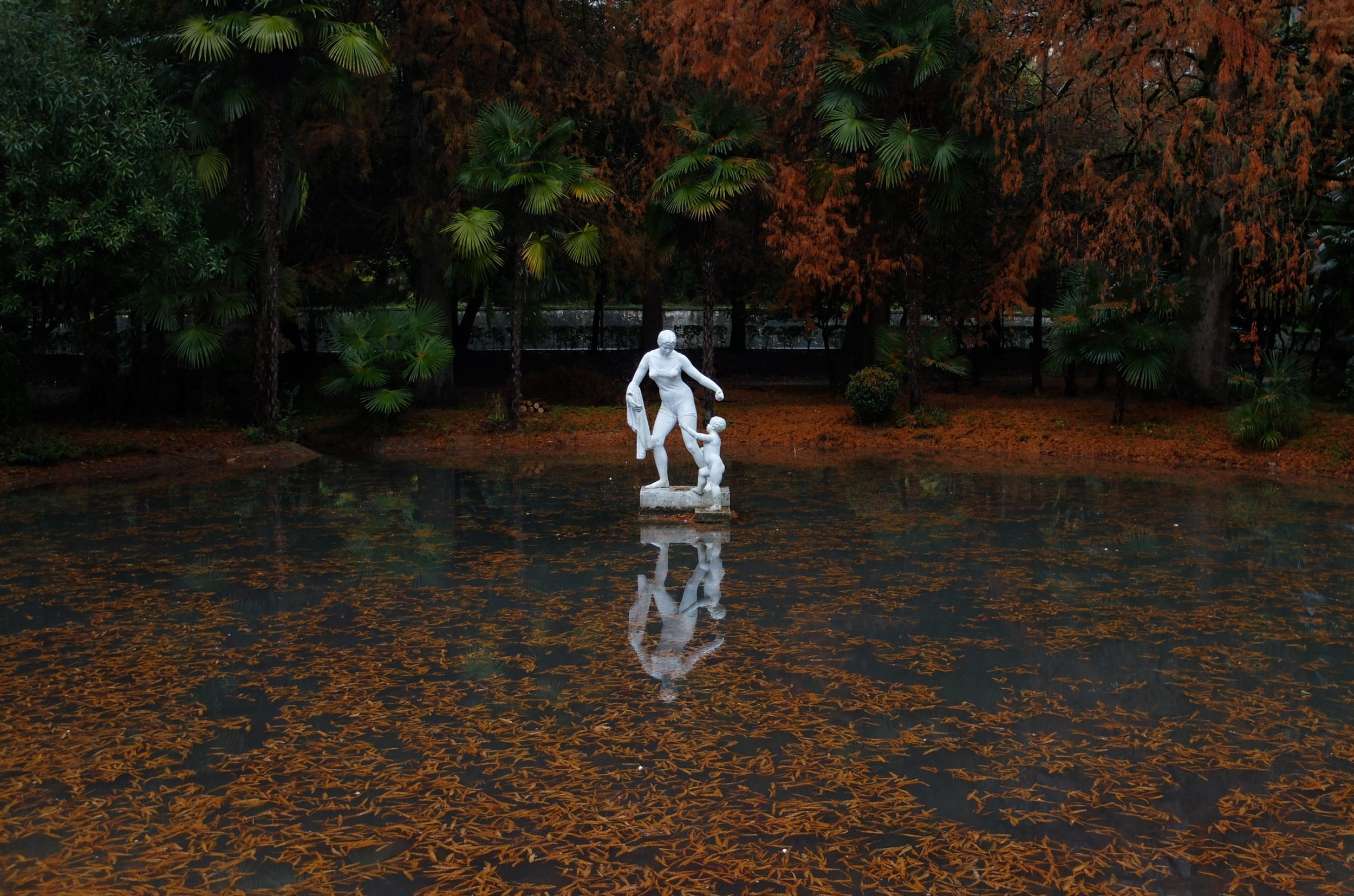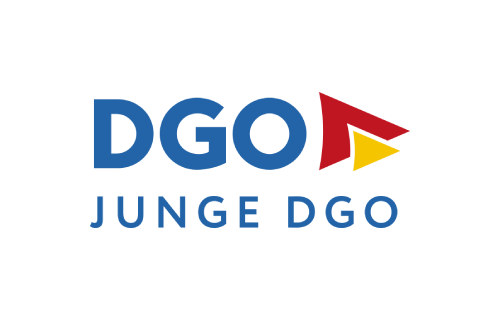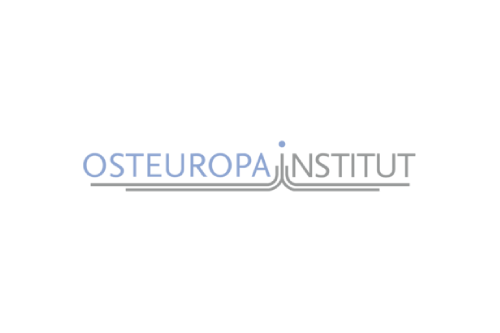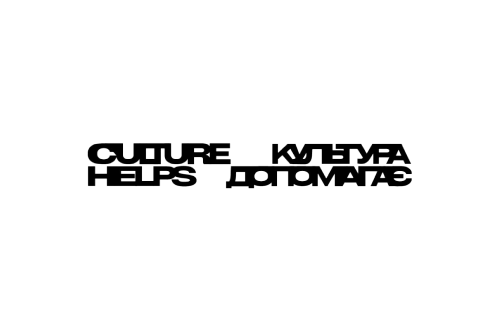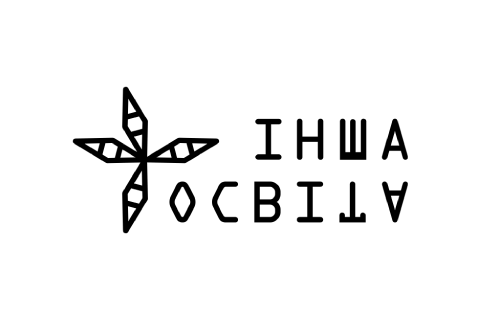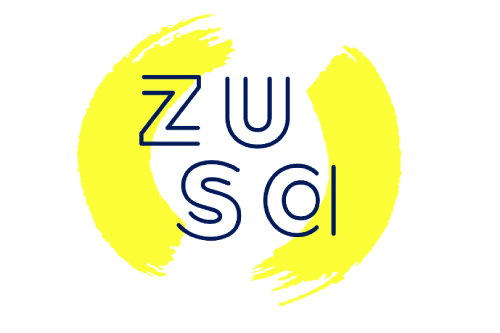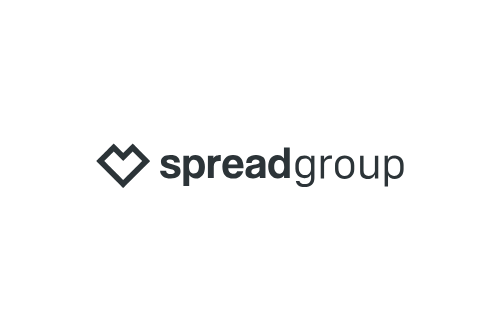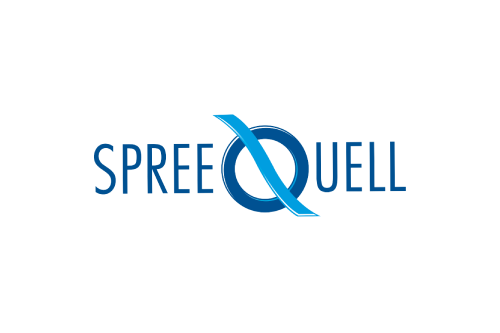
Main Program
With its fourth festival edition, the Ukrainian Film Festival Berlin invites its audience to explore together the concept of "home", its spacial and temporal dimensions through Ukrainian cinema.
Homeland and home are not static concepts. Their perception and meaning are constantly changing and shifting dynamically in our challenging times. The loss of home, ongoing threats to the home place and migration challenge today's generation of Ukrainian filmmakers even more to reinvent their image of home and to question home as a geographical constant. Is home a geographical experience or rather a time experienced and shared with others?
The search for temporal and spatial meanings of home as well as questions of one's own origin and belonging determine this year's festival program of the 4th Ukrainian Film Festival Berlin. Be it personal film stories of directors who fled the war and arrived in Berlin, or cinematic explorations of the 1990s in Ukraine, where most of the contemporary Ukrainian filmmakers grew up.
"Together we want to explore the temporal aspect/dimension of home/homeland and make visible its ever-changing meanings throughout history and in our fragile/unstable present." - comments the festival curators on their festival motto for this year.
The festival will present/screen, among others, the documentaries "Iron Butterflies" by Roman Liubyi and "We will not fade away" by Alisa Kovalenko, which premiered at the Berlinale 2023. A retrospective of Ukrainian Poetic Cinema of the 1960s will also be dedicated to the era and the films that have had a significant impact on the history and identity of Ukrainian cinema/Ukrainian film history. A retrospective will be shown for the first time this year as part of the festival and is presented in cooperation with the Ukrainian Oleksandr Dovzhenko National Centre and the German DEFA-Stiftung.

UA Hits

Retrospective:
Ukrainian Poetic Cinema
As part of the inaugural retrospective program of Ukrainian cinema focusing on Ukrainian poetic cinema – a film movement that emerged in Ukraine during the Soviet era in the 1960s and 1970s – UFFB presents three brilliant examples of Ukrainian filmmaking that are part of Ukraine's film heritage and showcase Ukrainian national identity in an original artistic style. These films include:
"The White Bird Marked with Black" by Jurij Illienko
Ivan Mykolajchuk's "BABYLON XX"
Another film by Ivan Mykolajchuk, created in 1981, titled "Such Late, Such Warm Autumn"
The retrospective program was curated by Valentina Zalevska, a staff member of UFFB. Following each film in the retrospective, there will be a discussion with Oleksii Isakov, research assistant at the Faculty of Social and Cultural Sciences at the European University Viadrina Frankfurt (Oder). Oleksii is currently pursuing a doctorate on the topic of Ukrainian Poetic Cinema of the 1960s-1970s.
The films in the series focus on Ukrainian identity and folklore and could be described as "folk modernism." The "peasant lyricism" of Soviet director and native Ukrainian Oleksandr Dovzhenko is seen as a significant influence on this cinematic movement.
The school of poetic cinema included artists with a distinct individual style and a desire not only to reproduce but also to create, to shape the reality of art. Their work radically changed the cinematic landscape of the time, breaking free from the stifling atmosphere of aesthetic constraints and creating a vibrant national phenomenon. Poetic cinema became a milestone, representing Ukraine in the cinematic world, not only internationally but also for Ukrainians themselves.
However, the development of Ukrainian poetic cinema also triggered another wave of repression by the Soviet ideological apparatus against Ukrainian cinema, national consciousness, and non-traditional artistic exploration. Many films of this movement were banned in the USSR due to ideological censorship and were only allowed to be screened in the late 1980s and early 1990s.
UFFB is supported by Medienbord Berlin Brandenburg and the DEFA Foundation. Festival partners include the Goethe-Institut in Exile, the Pilecki Institute, Culture Helps, the East European Institute at the Free University of Berlin, the DGO (German Society for Eastern European Studies / Young DGO), the LINOLEUM Contemporary Animation and Media Art Festival, the Dovzhenko Centre, the Embassy of Ukraine in the Federal Republic of Germany, and the Ukrainian Institute.

Georgian Film Series
Georgian filmmakers are currently boycotting the so-called 'reorganization' of the country's most important film institution, the "Georgian National Film Center." For two decades, it served as a free and critical hub for film funding, representing freedom from censorship and the internationalization of Georgian cinema. Georgia's film industry is currently facing an existential crisis, and filmmakers no longer feel adequately represented by state institutions. UFFB aims to provide an international platform for contemporary Georgian cinema. The festival also seeks to show solidarity with Georgian filmmakers in their struggle for a free film and cultural scene and present the audience with the latest works from the country.
With three recent films by Georgian filmmakers, including Soso Bliadze's "A Room of my Own" (2022), Anna Dziapshipas' "Self-Portrait along the Borderline" (2023), and Mariam Chachia and Nik Voigt's film "Magic Mountain" (2023), this film series aligns directly with this year's UFFB festival theme, "No time like home," and explores the concept of "home" through these films. In these movies, "home" is not merely perceived as a space of safety and comfort but also carries a traumatic memory of fear and loss.
The Georgian film series is organized in cooperation with Junge DGO (Youth Chapter of the German Association of Eastern European Studies) and the Mediothek of the Institute for East European Studies at the Free University of Berlin.
